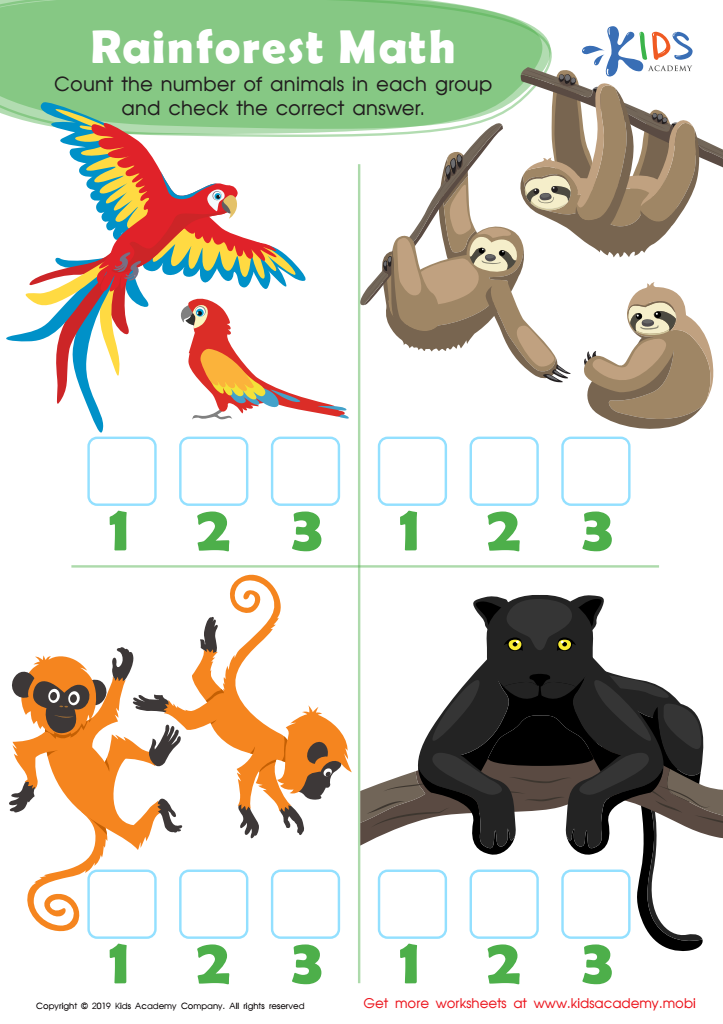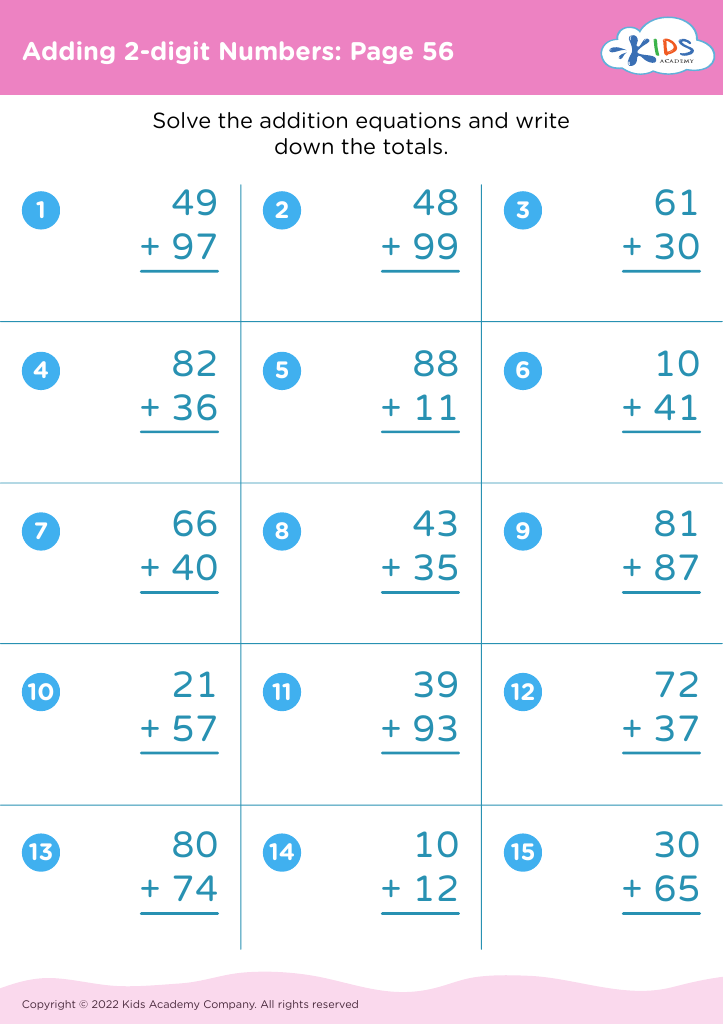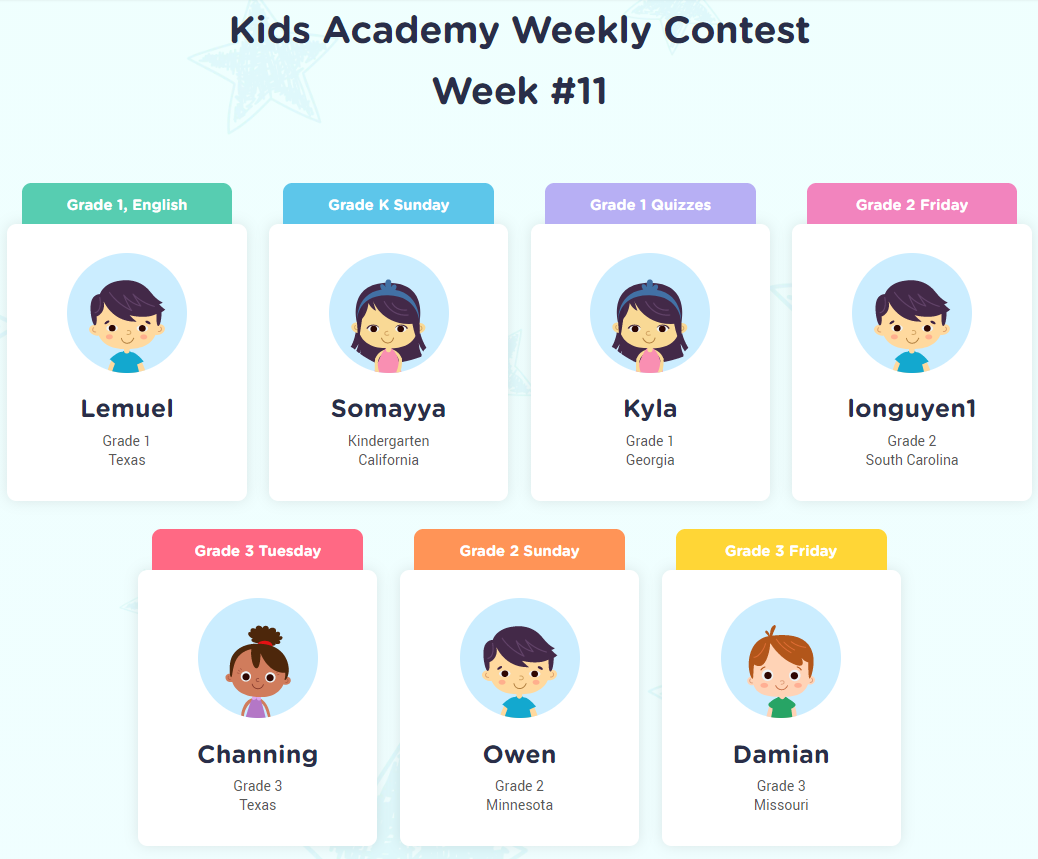Understand sequencing Math Worksheets for Ages 3-7
3 filtered results
-
From - To
Welcome to our "Understand Sequencing Math Worksheets" page, designed for children ages 3-7! Sequencing is a vital skill that helps young learners grasp the order of events, enhancing their mathematical understanding and critical thinking. Our engaging worksheets provide colorful illustrations and interactive activities, making learning fun and effective. From simple picture sequences to number ordering, our resources cater to various skill levels, ensuring each child can thrive. Parents and educators can easily download and print these worksheets for home or classroom use, empowering children to develop their sequencing skills in an enjoyable way. Start your child’s learning adventure today!


Rainforest Math Worksheet
Understanding sequencing in mathematics is crucial for children aged 3-7, as it lays the foundation for their overall cognitive and academic development. Sequencing involves recognizing the order of numbers, events, and tasks, which is essential for problem-solving, mathematical reasoning, and critical thinking skills. When children grasp sequencing, they learn to follow instructions, complete tasks in an orderly manner, and understand time concepts, such as before, after, and in the middle.
For parents and teachers, fostering an early understanding of sequencing promotes numeric literacy and prepares children for future mathematical challenges. This skill is not only important for addition and subtraction but also critical for grasping more complex concepts like multiplication, division, and even algebra. Additionally, a strong grasp of sequencing enhances a child's ability to tell stories, understand sequences in nature, and develop planning skills, which are vital across all areas of life.
Moreover, nurturing this skill encourages children’s independence and self-confidence in learning. Engaging children with fun activities and games that incorporate sequencing can make math enjoyable and help them build a positive attitude towards the subject. In conclusion, investing time and resources into understanding sequencing is essential for nurturing well-rounded, mathematically competent children.
 Assign to My Students
Assign to My Students



















